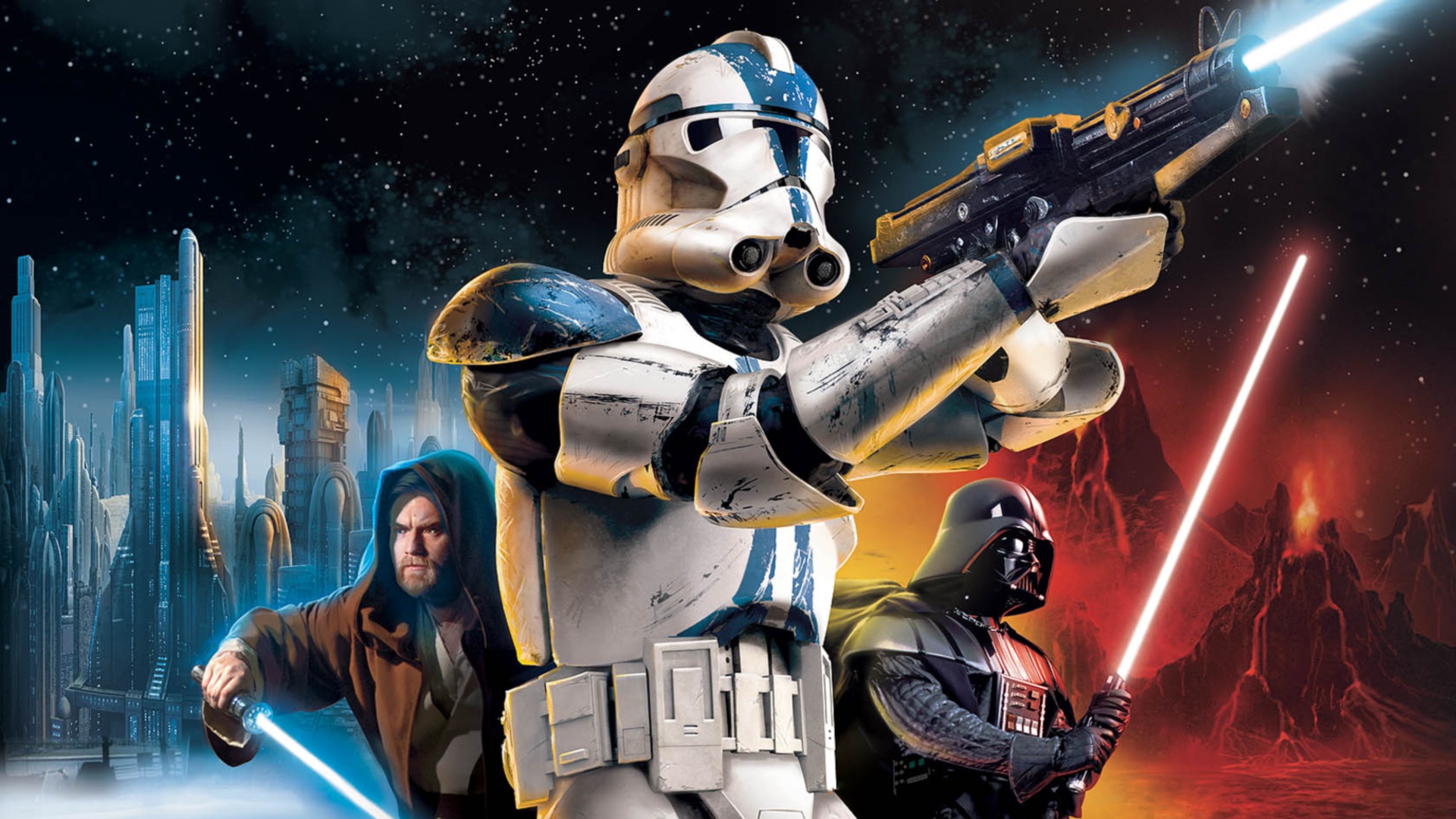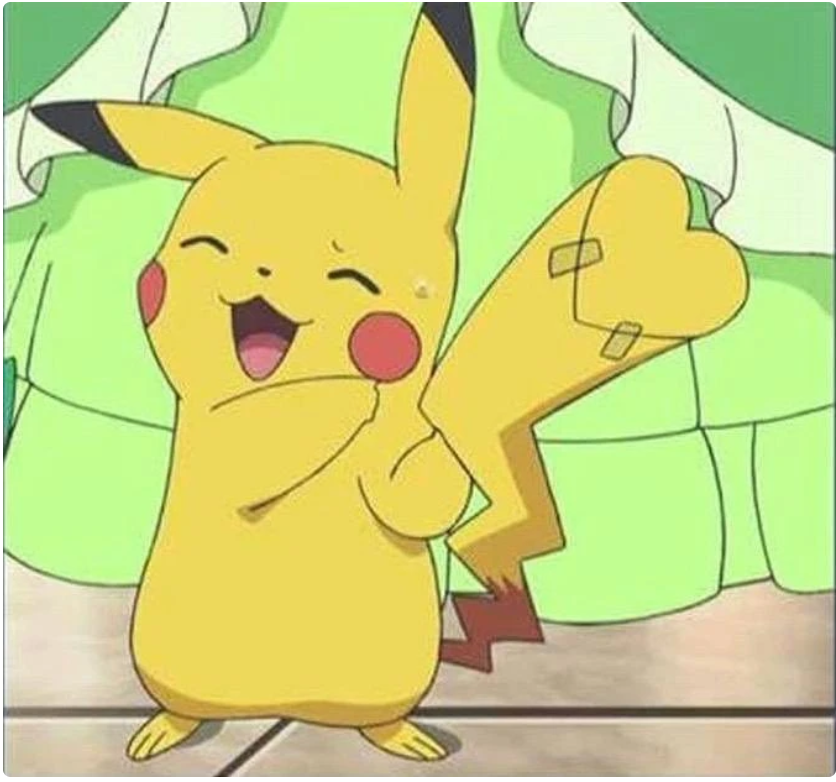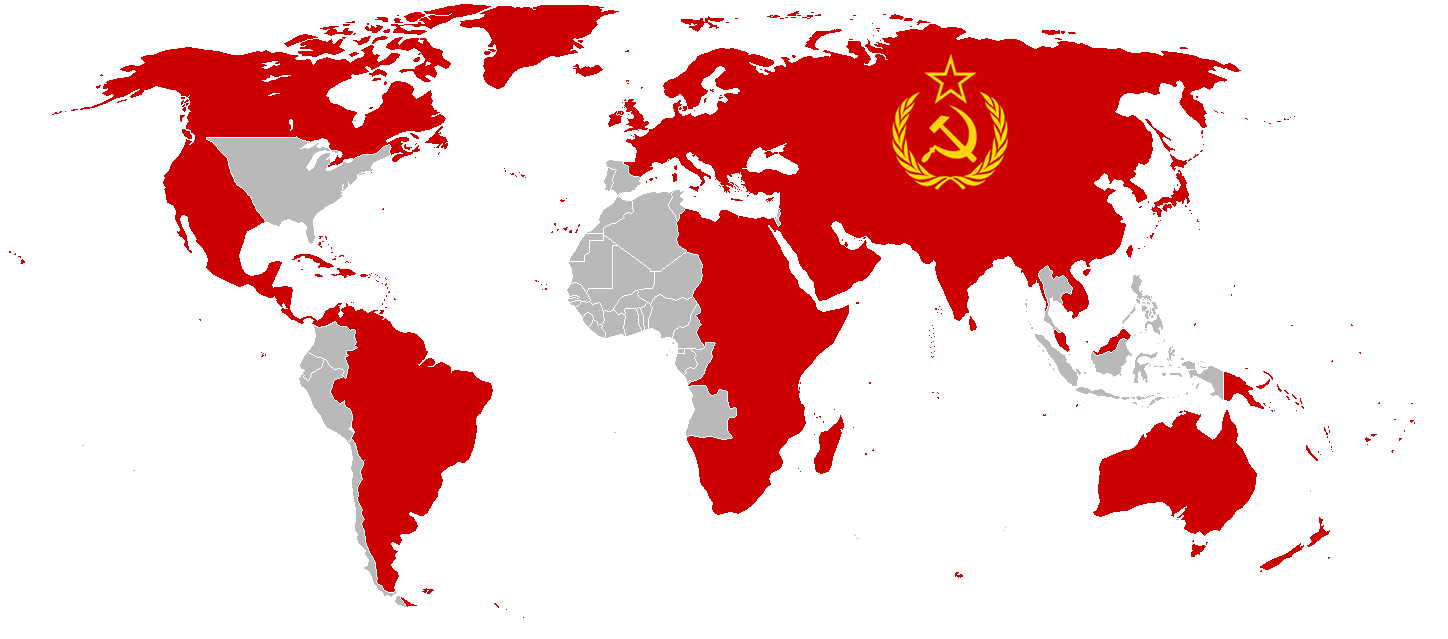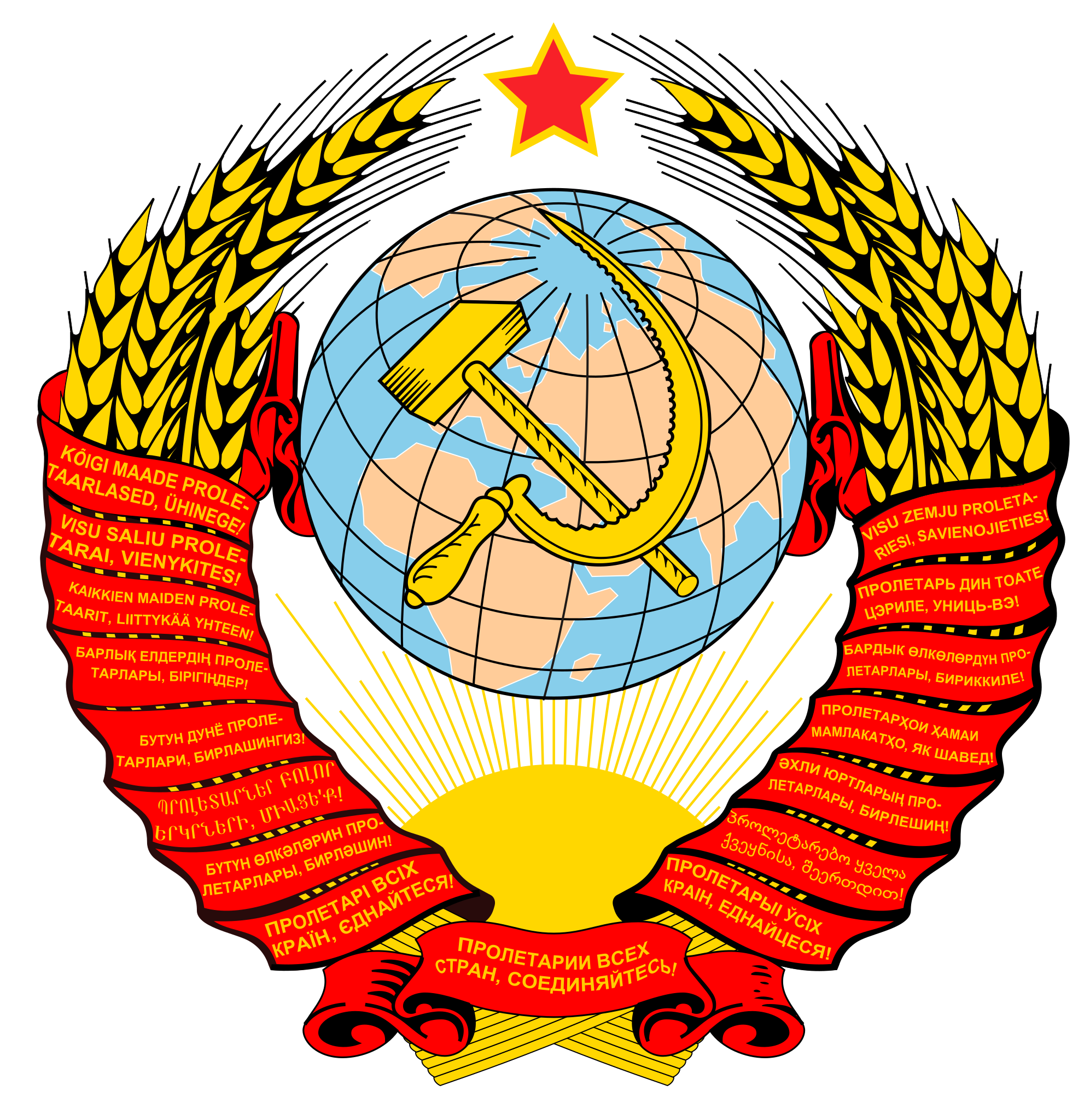I understand the party is in charge and those positions will change but in most socialist states there seems to be a permanent head ala Lenin, Stalin, Castro, the Kim’s etc.
Is this what Marx meant by dictatorship of the proletariat? Is it possible to have democratic communism? I’m new to all this but I’m finding it all really interesting. Sorry if this is a common question.
They aren’t “permanent” leaders. For instance, Stalin, Castro, and the Kims all retained power because they continued to be democratically elected into their positions. Notoriously Stalin asked to leave his position multiple times, and was turned down.
The need for long terms without term limits can be explained by it being very hard to get anything done when you can easily be replaced by disagreeing factions. Building Socialism requires long projects that generally have high costs, such as industrialization, refitting of industries, rebuilding wartorn portions of the country, etc. Projects like these can take 10+ years, and then require more time afterwards to ensure that the project was a success. Stalin’s industrialization of the USSR wouldn’t have been possible if the anti-leninist factions acquired power before they were finished, for example.
Having one leader stay in power over a long period also helps to keep capitalist bandits from leading a colour revolution in your country. For instance, if Russia had term limits - thus meaning Putin couldn’t’ve stayed in power for 20 years - the country likely would’ve become a Western colony. The same is true of a Socialist example, like Cuba. It’s hard to depose a leader who’s beloved by their people. Even harder when it’s the only leader those people have ever known.
That does make a lot of sense. Thanks!
Don’t know how much you know about American history, but think of how different the culture would be if Abraham Lincoln or Ulysses S. Grant were able to actually complete southern reconstruction and reunification efforts.
Do you think the term limits of the Russian Federation that exist now will cause problems for it in the future?
I honestly have no idea, I’m just aware that the current term limits have allowed Putin’s government to get Russia out of the post-USSR depression, and have kept the country out of the grips of the Western imperialists.
Maybe if someone comes into power after Putin leaves who leans towards Western interests, and if they’re not replaced by someone better, it could be bad. But at least at the moment, the current system is not the worst thing in the world.
That’s fair. I suppose Russia could always amend the constitution again if it was popular to do so.
Dictatorship of the proletariat means the rule of the working class and communist party and not the rule of an individual. Communist parties (whether ruling or not) generally held regular congresses every 5 years or so to elect new leadership. For example, the WPK in Korea held its 8th Congress in 2021 with 5,000 delegates representing around 6.5 million members. The congress votes on certain resolutions and elects a Central Committee (around 200 members) in this case. In some parties, the Central Committee is the highest body, but most ruling parties have a Politburo and sometimes a Standing Committee above the Politburo. They elect a General Secretary/First Secretary/Chairman as the nominal head of the party (this is the position held by Stalin, Kim, Castro, etc.), but they cannot act alone and always need a majority from the Politburo. Unlike a US president, who rules for 4 years and only leaves if they die or are impeached, lower levels of the party as the Central Committee or Politburo can remove the General Secretary at any point in their term if they are doing a bad job. This is what happened to Khrushchev in 1964. They can also call extra party congresses. The only way these leaders can stay in power for decades is if they are able to be reelected consistently.
Full is communism is stateless so it can’t have democracy because democracy is a form of state power, but socialism (sometimes called the lower stage of communism) can be democratic and is usually more democratic than capitalism. Voters can recall their representatives at any point in their term and all officials are elected directly or indirectly instead of appointed. For example, the Supreme Court of the USSR was elected by the Supreme Soviet (legislature) which was elected by the workers and peasants. The Supreme Court members were elected to 5-year terms instead of being appointed for life by a president.
Another important thing to understand is that the party is separate from the government. The Party Congress, which is voted on by party members and governs the party, but it cannot make laws that apply to all of society. There are separate elections for government officials who make laws, and you do not have to be a party member to vote in these elections. The USSR, China, DPRK, etc. also had many people run for office and win who were either independent or from other parties besides the ruling party. The people directly elect the legislative branch (Supreme Soviet, National People’s Congress, Supreme People’s Assembly, etc.), which makes laws. The legislature elects a Presidium/Standing Committee akin to the Central Committee of the party to be in charge when it is not in session. This presidium can call extra sessions of the legislature and sometimes has other powers like approving treaties. Unlike in bourgeois republics, where the branches of government are separate, the executive branch (Cabinet) and judicial branch (Supreme Court) are elected by the legislature. The head of the executive branch is the head of government and is often a different person from the head of the party. For example, while Stalin was General Secretary of the CPSU from 1921 to 1953, the USSR had several different heads of government: Lenin (1921–24), Rykov (1924–1930), Molotov (1930–1941), and then Stalin (1941–1953). Likewise, the DPRK has had four different people in charge of the government while Kim Jong-un was in charge of the party: Choe Yong-rim, Pak Pong-ju, Kim Jae-ryong, and Kim Tok-hun (Kim is the most common first name in Korea so neither of them are related to Kim Jong-un). They are always able to be recalled at any point during their terms.





